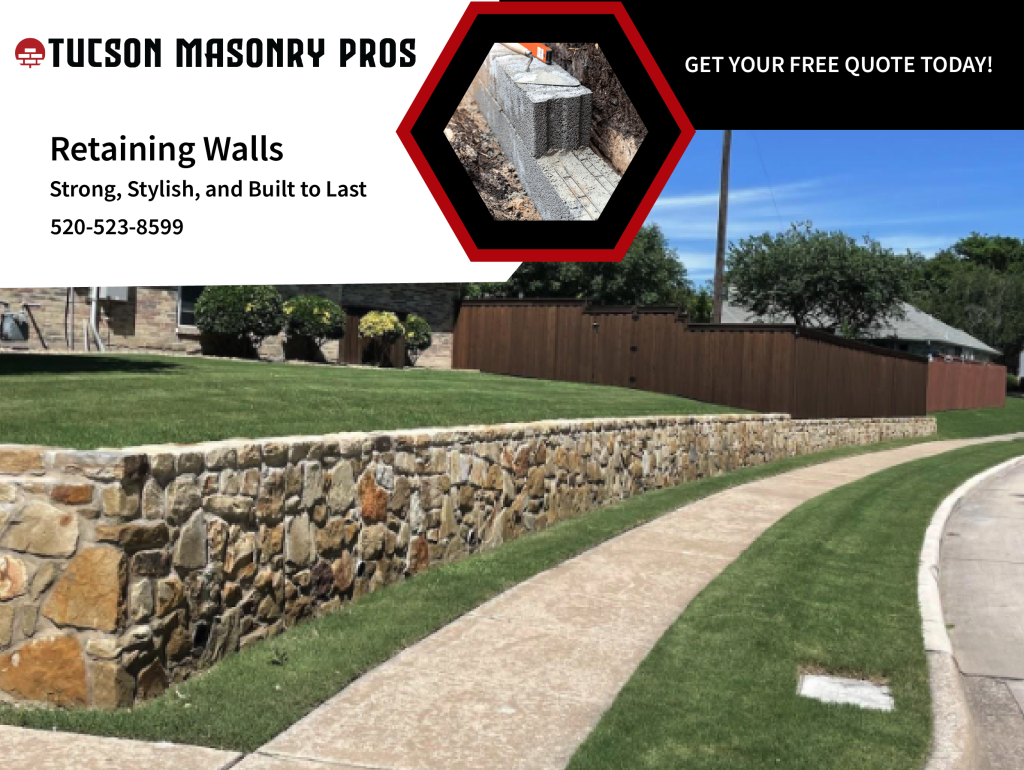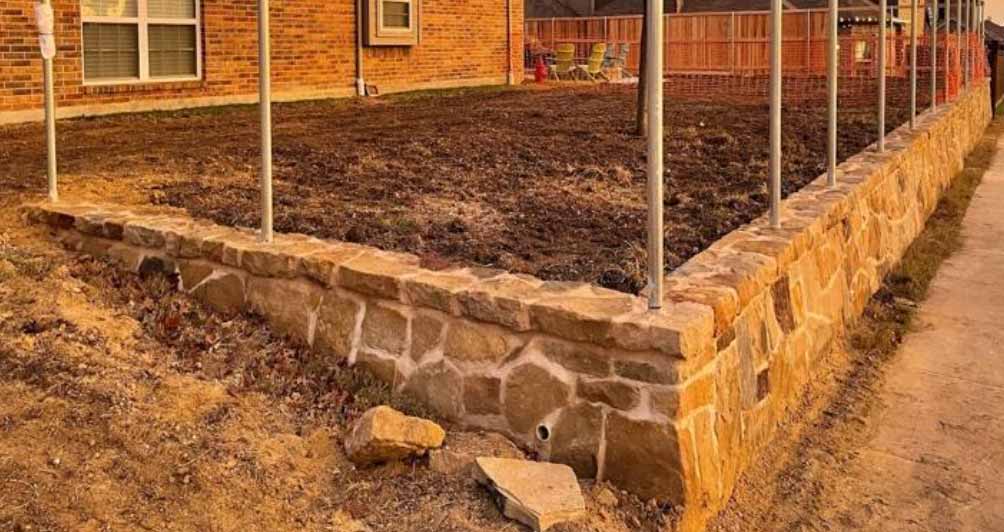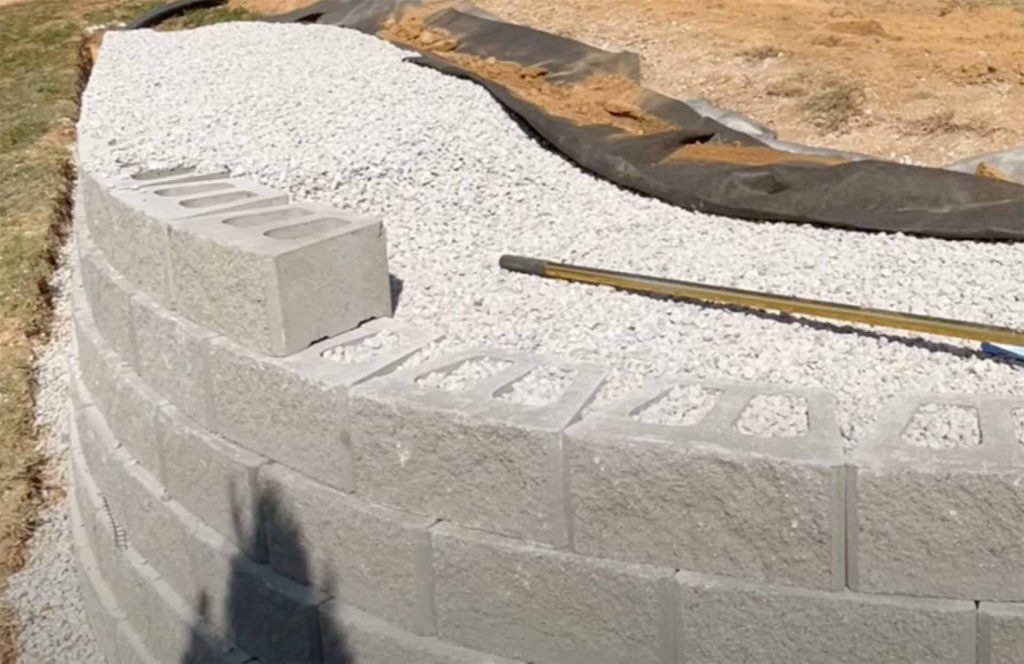Tucson, Arizona, is well known for its expanding urban environment while still preserving its natural desert beauty. From charming residential neighborhoods to commercial properties, the demand for retaining walls in Tucson is increasing. Whether it’s managing soil erosion, building terraced gardens, or leveling sloped terrain, retaining walls are essential. In this blog, we’ll explore the different types of retaining walls commonly used in Tucson, Arizona, and their advantages.
What is a Retaining Wall Structure?
Before exploring the different types of retaining walls, let’s define what they are. A retaining wall is a structure meant to hold back soil and maintain a desired slope, usually when the ground level on either side of the wall differs significantly. These walls are crucial for preventing erosion, managing water runoff, and creating flat, usable areas in sloped or uneven landscapes.
In Tucson, with its diverse terrain and continuous growth, retaining walls serve both practical and aesthetic roles. Various design options and materials are available, depending on your property’s specific requirements.

Types of Retaining Walls Found in Tucson, Arizona
1. Gravity-Based Retaining Walls
Gravity walls are among the simplest and most traditional retaining wall types. They depend solely on their own weight to counteract the pressure of the soil behind them. These walls are generally constructed from heavy materials like stone, concrete, or brick. In Tucson, they are commonly used for residential landscaping, especially in areas with minor elevation differences.
2. Masonry Retaining Walls
Masonry retaining walls are constructed using stone, brick, or concrete blocks. These walls offer both visual appeal and practicality, making them a popular option for homeowners in Tucson who want to add a decorative element to their property. The natural materials create a rustic or sophisticated appearance, while also providing strength and durability.
Masonry walls can be built as gravity-based or reinforced structures, depending on their height and the level of pressure they need to resist.
3. Cantilever Retaining Walls
Cantilever walls are a more sophisticated type of retaining wall, utilizing the leverage provided by their structure. Constructed from reinforced concrete, these walls feature a horizontal footing that extends into the soil behind them, enabling the wall to withstand pressure from elevated terrain.
Cantilever walls are commonly used for commercial properties or large residential projects in Tucson where taller retaining walls are needed.
4. Sheet Pile Retaining Walls
Sheet pile retaining walls consist of long, vertical sections made from steel, vinyl, or wood that are driven deep into the ground. These walls are generally used in areas with soft soil or where water retention is required, such as near lakes, ponds, or coastal regions. In Tucson, sheet pile walls are often used for stormwater management systems or areas with unstable soil conditions.
5. Segmental Retaining Walls (SRWs)
Segmental retaining walls are made of interlocking concrete blocks that are stacked without mortar. These walls are especially popular in Tucson because of their versatility and simple installation process. SRWs are suitable for both residential and commercial landscaping projects, particularly where flexible design and effective drainage solutions are required.

Factors to Consider When Choosing a Retaining Wall in Frisco
- Height and Pressure: Taller retaining walls or those that need to withstand significant pressure will require robust materials, such as cantilever or masonry walls.
- Soil Type: The type of soil on your property impacts the selection of a retaining wall. Sandy or unstable soils may call for sheet piles, while clay-rich soils might be better suited for gravity walls.
- Aesthetic Appeal: If you want your retaining wall to blend with your landscape, materials like masonry, timber, or segmental blocks can provide the most attractive look.
- Budget: Your budget will influence the type of retaining wall you choose. Gravity or timber walls are generally more budget-friendly, whereas masonry and concrete walls are typically more costly.
- Water Drainage: Consider the water runoff in your area. Some walls, like segmental retaining walls, naturally provide better drainage, which can be vital for preventing erosion or foundation problems.
